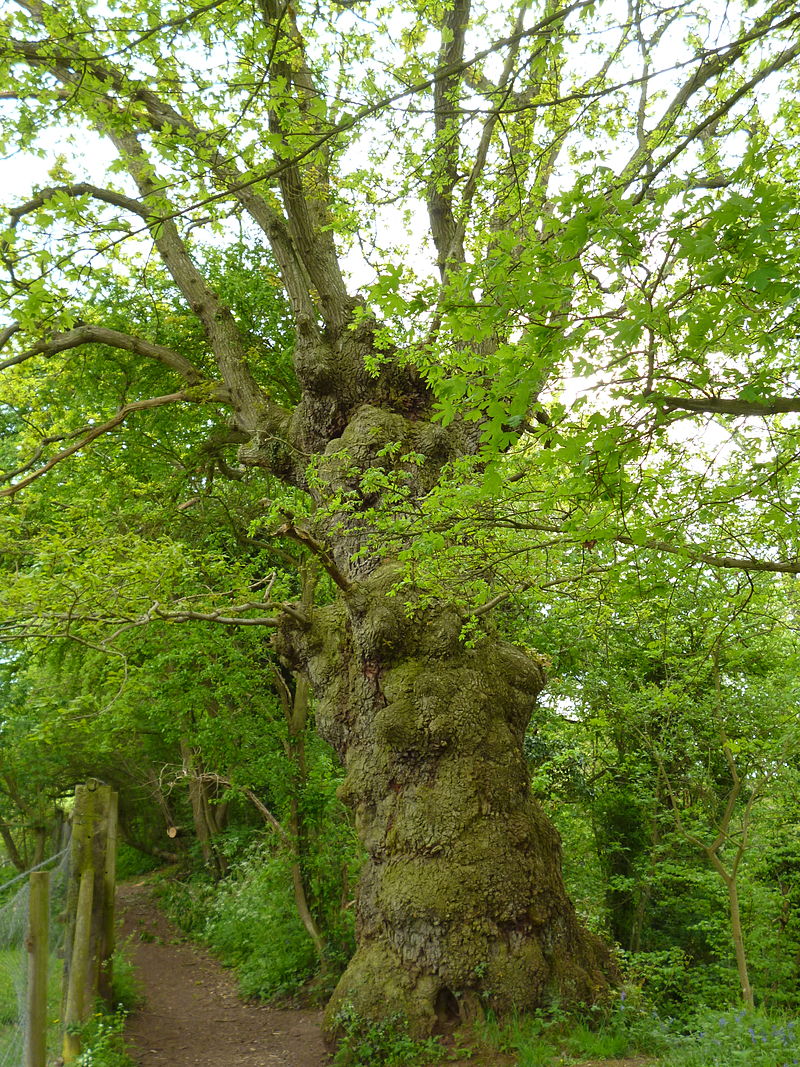In recent decades, the humanities have witnessed the development of two interdisciplinary fields that tackle challenges for present and future generations: by exploring cultural representations of crisis and change, Aging Studies and Ecocriticism address the complex dynamics of individual and collective agency, oppression and dependency, care and conviviality, vulnerability and resistance as well as intergenerationality and responsibility. Their emancipatory research agendas challenge hegemonic discourses from the areas of science and medicine. Yet, even though both fields employ overlapping methodologies and theoretical frameworks (e.g., Gender Studies, Postcolonial Studies, or Posthumanism) and scrutinize ‘boundary texts’ in different literary genres (novels such as P. D. James’s The Children of Men [1992] and Margaret Atwood’s Maddaddam Trilogy [2007-2014], or Lucy Kirkwood’s play The Children [2016]) which have been analyzed from ecocritical perspectives as well as from the vantage point of critical Aging Studies, there has been little scholarly interaction between Ecocritical literary studies and Aging Studies to date.
With this collection, we aim at facilitating a conversation between Aging Studies and Ecocriticism. We seek papers that will open new interdisciplinary research perspectives. Contributions may discuss, but are by no means limited to, the following areas of inquiry:
• Methodologies: options for dialogue between Aging Studies and Ecocriticism
• Theoretical interfaces with feminism, queer ecology, posthumanism, postcolonialism, anthropocentrism, and others
• Parallel and intersecting readings of specific genres (e.g., cli-fi, utopian and dystopian fiction, plays, poetry, film, satirical works)
• Metaphors and materialities (limits of growth, discourses of crisis and transformation, conceptualizations of selfhood)
• Modes and affect (nostalgia, loss, hope, despair)
• Boundary concepts such as the body, nature, time, space, and place
• Literature about climate, environmental, and intergenerational justice
• Competing temporalities: past vs. futurity, urgency (how much time left?), competing cultural conceptualizations of time (e.g. Western versus indigenous notions)
• Impacts on and specificities of different environments (rural versus urban, land versus water, analog versus digital, and others)
• Entangled forms of co-habitation (intergenerational, cross-species, and across other supposed boundaries of time, space, and culture)
• Risk discourse regarding bodily and/or planetary health (disease, mortality, extinction, possible cures, care and dependency)
• Literary discourse and activism
We are seeking publication in an internationally highly visible book series on interdisciplinary climate change research or interdisciplinary Aging Studies research.
Please send a 250-word abstract and a 150-word bio note before May 15, 2021 to cirac(at)uni-graz.at.
Notifications will be sent out by June 15, 2021.
Full chapters (6,000–8,000 words) will be due on December 1, 2021.
